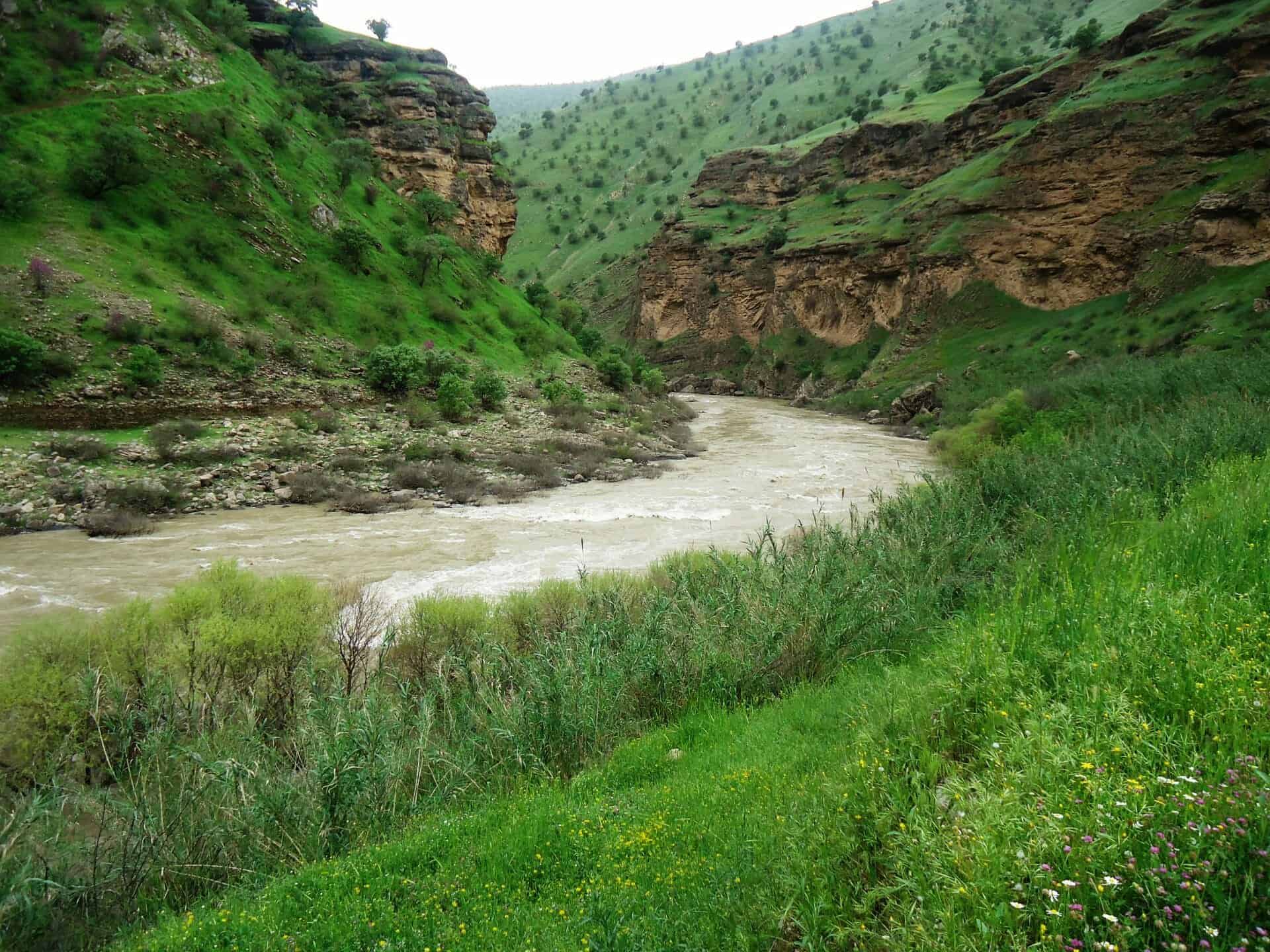Iraqi officials warned on Tuesday, October 26, of a drastic drop in the flow of water in a river from Iran due to low rainfall and dam-building in the neighboring Islamic republic.
The Sirwan river begins in Iran, flowing to Darbandikhan Dam in northeastern Iraq before going through the rural province of Diyala and joining the Tigris.
“There has been an unprecedented decline,” said Rahman Khani, the director of Darbandikhan Dam. “The water level has fallen by 7.5 meters in one year.”
The drop was attributed both to low levels of precipitation and “the building of more dams in Iran which retain water”, he told AFP.
Khani said the dam had this year received 900 million cubic meters of water — a fraction of the annual average of 4.7 billion cubic meters.
The decline had led to a 30 percent fall in electricity production from the dam, he added, warning against the impact on agriculture in Diyala province.
The situation has prompted Iraq’s Water Resources Minister Mahdi al-Hamdani to call on his government to file a complaint against Iran at the International Court of Justice in the Hague.
A foreign ministry spokesperson refused to comment on the matter.
Aoun Thiab, a senior advisor at the water ministry, said Iran was “violating international law by diverting a river flow” based on the 1997 UN Watercourses Convention on the use of water that cross international borders.
Thiab acknowledged however that seeking justice would be “a political decision and not a technical one”.
“The waters of the Sirwan river have been completely cut off,” he told AFP.
Iraq — which relies on Iran for much of its electricity — has suffered extreme water shortages in many areas in recent years.
This is owing in large part to upstream dam-building in Iran and Turkey, but also to factors relating to climate change and droughts, which have affected the wider region.
Iran has also suffered due to low rainfall, experiencing its own decline in water levels due to droughts, according to a report from the Iranian space agency cited by Mehr news agency.








